Diagnostic Services You Can Trust
Accredited for all species by the American Association of Veterinary Laboratory Diagnosticians and is a member of the United States Department of Agriculture's National Animal Health Laboratory Network and a member of Food and Drug Administration's Veterinary Laboratory Investigation and Response Network.
Announcement:
Our team of dedicated professionals provides accurate and timely diagnostic service in animal health to veterinarians, animal owners, university researchers, and state and federal agencies. The laboratory serves a diverse client base with submissions of wild animals, exotic zoo animals, pet animals, horses and food producing animals.
Serving All of Arizona
Veterinarians, researchers and government agencies around the state rely on AZVDL for timely and accurate test results when caring for pets, wild animals, livestock, zoo animals and more. We specialize in microbiology, cytology, histopathology, molecular diagnostics, and necropsy.
The AZVDL is accredited for all species by the American Association of Veterinary Laboratory Diagnosticians and is a member of the United States Department of Agriculture's National Animal Health Laboratory Network (NAHLN), and a member of Food and Drug Administration's Veterinary Laboratory Investigation and Response Network.
The Arizona Veterinary Diagnostic Laboratory is now part of the University of Arizona College of Veterinary Medicine
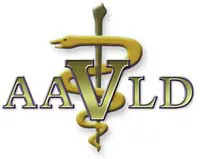
Our Services
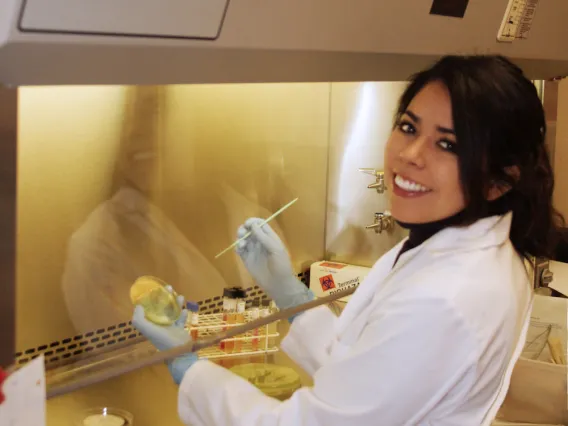
Bacteriology
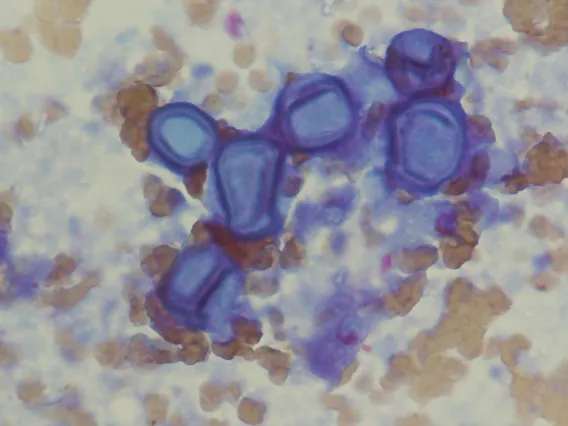
Cytology

Histopathology
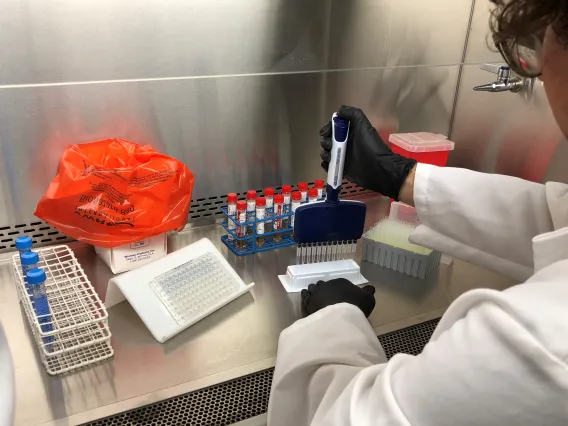
Molecular Diagnostics
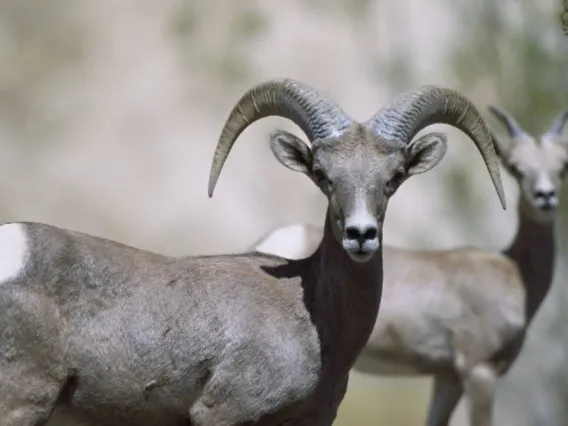
Necropsy

Parasitology
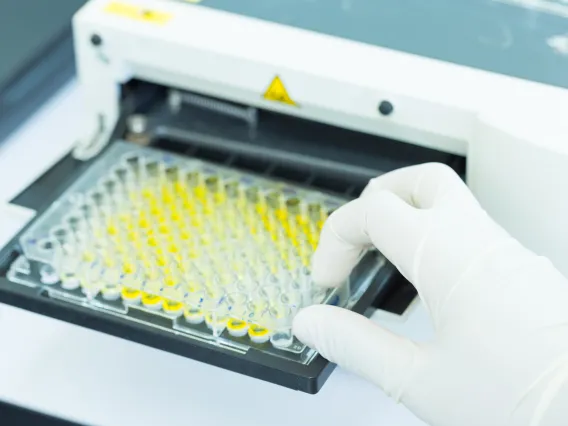
Serology
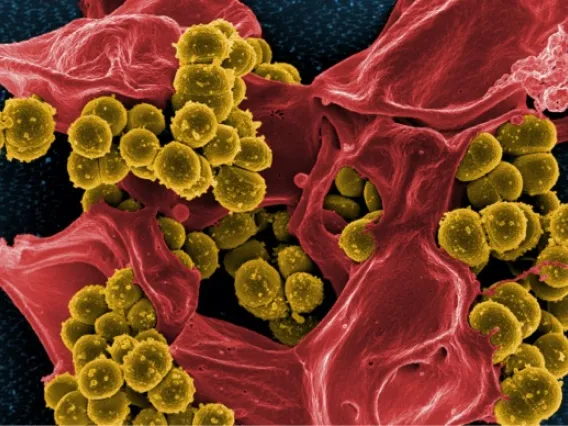
Virology and Toxicology
Now offering Nitrate and Cynide testing
Submit a Sample
Thank you for selecting Arizona Veterinary Diagnostic Laboratory to serve your diagnostic needs. A fillable submission form and a printable user guide are available for your convenience. Please complete the fillable submission form, print and submit it with your sample or email submission to CVM-AZVDL@arizona.edu

Updates
In late March of 2025, Highly Pathogenic Avian Influenza (HPAI) was identified in dairy cattle in Texas. Infected cattle show a decrease in feed consumption and rumen motility, respiratory signs including nasal discharge, and an acute drop in milk production. Milk quality may also be abnormal. Some cattle remain asymptomatic. Infected cattle have now been identified in eight additional states: Colorado, Idaho, Kansas, Michigan, New Mexico, North Carolina, Ohio, and South Dakota.
By Federal Order, pre-movement testing is required for lactating dairy cattle being moved interstate, unless being transported directly for slaughter. In addition, lactating dairy cattle presented for unrestricted sale at Arizona livestock auctions must also have a negative HPAI test result, by order of the Arizona Department of Agriculture.
The AZVDL is now offering four different panels for the detection of Canine Respiratory Disease
Canine Respiratory panel (9 pathogens) PCR
About this panel: detection of nine pathogens commonly attributed to respiratory disease in canines.
Tests included: Bordetella bronchiseptica, Mycoplasma cynos, Mycoplasma canis, Canine adenovirus type 2 , Canine herpesvirus 1, Canine parainfluenza virus, Canine distemper virus, Canine influenza virus, Canine respiratory coronavirus all by real time PCR.
Preferred specimens: nasal swabs, oropharyngeal swabs, tracheal washes, and fresh lung tissue (20-30 mg of specimen or 200 µl of fluid is needed for testing).
Price: $120.00 (clients can request single pathogens $35/ea)
Canine Respiratory panel 1 (PCR)
About this panel: detection of three pathogens; includes Bordetella bronchiseptica, Mycoplasma cynos, Mycoplasma canis all by real time PCR.
Preferred specimens: nasal swabs, oropharyngeal swabs, tracheal washes, and fresh lung tissue (20-30 mg of specimen or 200 µl of fluid is needed for testing).
Price: $65.00 (clients can request single pathogens $35/ea)
Canine Respiratory panel 2 (PCR)
About this panel: detection of three pathogens; includes Canine adenovirus type 2 , Canine herpesvirus 1, Canine parainfluenza virus all by real time PCR.
Preferred specimens: nasal swabs, oropharyngeal swabs, tracheal washes, and fresh lung tissue (20-30 mg of specimen or 200 µl of fluid is needed for testing).
Price: $65.00 (clients can request single pathogens $35/ea)
Canine Respiratory panel 3 (PCR)
About this panel: detection of three pathogens; includes Canine distemper virus, Canine influenza virus, Canine respiratory coronavirus all by real time PCR.
Preferred specimens: nasal swabs, oropharyngeal swabs, tracheal washes, and fresh lung tissue (20-30 mg of specimen or 200 µl of fluid is needed for testing).
Price: $65.00 (clients can request single pathogens $35/ea)
And much more...

